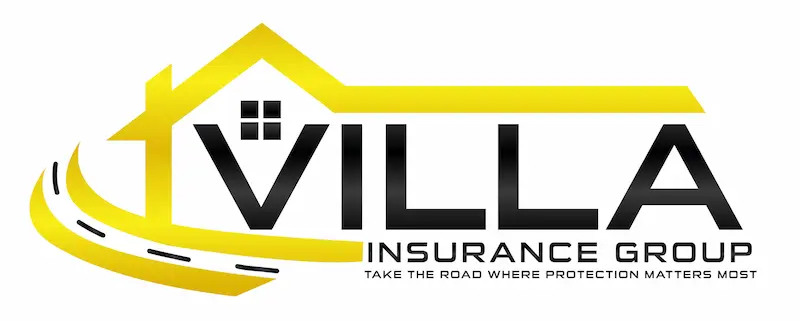After the kitchen, the garage is the second-most common place in the home where fires start.
There are some 6,600 garage fires that cause an estimated $457 million in property losses every year, according to the U.S. Fire Administration.
The danger is that these fires, after they start, are rarely confined to the garage, easily spreading into adjacent parts of the house and beyond.
One reason garages are especially prone to fires is that many homeowners store chemicals and flammable liquids, boxes with personal effects, clothes and other flammable materials in them.
What you can do
Protect the water heater — Keep a 3-foot radius clear around the water heater. If a flammable item comes in contact with it for an extended period of time, it can easily catch fire.
Don’t overload outlets — Electrical problems are the top cause of garage fires. If you are using electrical strips and plugging multiple items into your outlets, you could be creating a fire hazard.
Plug only one appliance into each outlet and inspect all cords to ensure they are not frayed, broken or bent. Do not keep items you are not using plugged in for extended periods of time, particularly chargers for drill batteries. They have been known to catch fire.
Don’t store flammable materials — There are a number of flammable materials you should avoid storing in the garage as they can easily catch fire if there is a spark nearby.
Materials you should not keep in your garage include:
- Aerosols
- Paint thinner and turpentine
- Paint
- Varnish
- Oil
- Gas
- Propane tanks for your grill or outdoor heater
- Brake fluid
Instead of the garage, store flammable liquids and fertilizer in a shed that is not attached to your home.
If you are keeping other flammable materials in your garage, like newspapers, books, magazines, old files, clothing and more, keep them in sealed boxes and not loose in the open.
Install a proper door — The door between the home and the garage should be solid-core with a minimum 20-minute fire rating and a self-closing mechanism.
Maintain your car — If you notice liquid stains underneath your vehicle, have the problem checked by your mechanic and repaired if necessary.
Cracked fuel lines, broken fuel injectors and a malfunctioning car battery could all cause a fire, as well.
Declutter your garage — If you have a cluttered garage, it is at higher risk of fire and having a fire spread quickly. Take a page out of Mary Kondo’s book and declutter your garage by throwing away stuff you don’t need and making it tidy.
Install a heat alarm — Smoke detectors aren’t used in the garage because cars produce smoke and carbon monoxide — two things that set off a smoke detector. Instead, consider a heat alarm, which will only trigger if there is a dramatic increase in temperature.
Fire extinguisher — Make sure you have a fire extinguisher in your garage that can put out flammable liquid and electrical fires, the most common fires in garages. Ideally, that would be the B:C fire extinguisher.
The takeaway
Taking steps to fire-proof your garage can give you peace of mind and prevent a calamity that could burn your home to the ground. Fires fueled by flammable liquids and clutter can spread quickly, leaving you little time to act.
Don’t let that happen in your home.
Get a Free homeowners policy review online today!
Are you looking for home insurance in Lynnwood Washington? We are a local top rated insurance independent agent protecting all aspects of your life, from your business to your autos and home, we have you covered! The benefit of choosing an independent agent like us means options. We have relationships with many top-rated carriers to give you the home insurance coverage you need that fits your budget. Don’t wait, call us today at (425) 771-9000 or visit our Quotes Online and start saving money.
